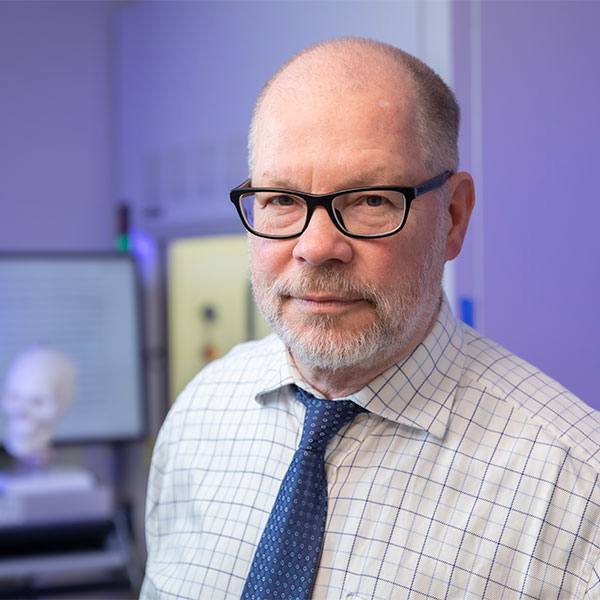
Never know what to say at New Year’s Eve parties? The Advancing the Science blog is here to help with this top-10 recap of our most popular medical research stories from 2019.
Everyone loves talking about their health. So keep this list queued up on your phone for quick reference and you’ll never run out of interesting scientific anecdotes.
#1 Buh-bye, breast cancer

Can breast cancer be prevented with a vaccine? Mayo Clinic immunology researcher Keith Knutson, Ph.D, thinks so. And he thinks it will happen during his lifetime. He also thinks it will be possible to prevent breast cancer from recurring by stimulating the immune system.
#2 Zooming in on colon polyps

Gastroenterologists agree that removing a colorectal polyp is an important step in preventing colon cancer. But removing them can be tricky if they’re large and flat. A new minimally invasive approach, called endoscopic mucosal resection, makes it possible to remove large polyps without surgery.
#3 The sky’s the limit

In the first-ever clinical trial of its kind, Jared Ausnehmer had stem cells from his own bone marrow injected into his heart to treat hypoplastic left heart syndrome. The therapy surpassed all expectations. Two months later, he was cleared to return to normal life and his favorite sport, basketball.
#4 Hospice research aims to understand process of dying, help loved ones with end-of-life care

Death, ultimately, is inevitable. But for patients at Mayo Clinic Health System in Mankato’s Hospice Program, the process of dying is becoming more bearable for themselves and their families as a result of research studies aimed at understanding more.
"Even though it's the end of life, it's incredibly important for patients to have closure and resolution, and feel good about their life's story and what they're leaving with other people," says Greg Kutcher, M.D. "We need to better understand how to do that."
Read about the rest of the research stories on Advancing the Science.
________________________________________________________
Other Mayo Clinic medical research websites:
- Research at Mayo Clinic
- Discovery’s Edge
- Advancing the Science
- Forefront
- Mayo Clinic Center for Individualized Medicine
- Center for Regenerative Medicine
- Center for the Science of Health Care Delivery







